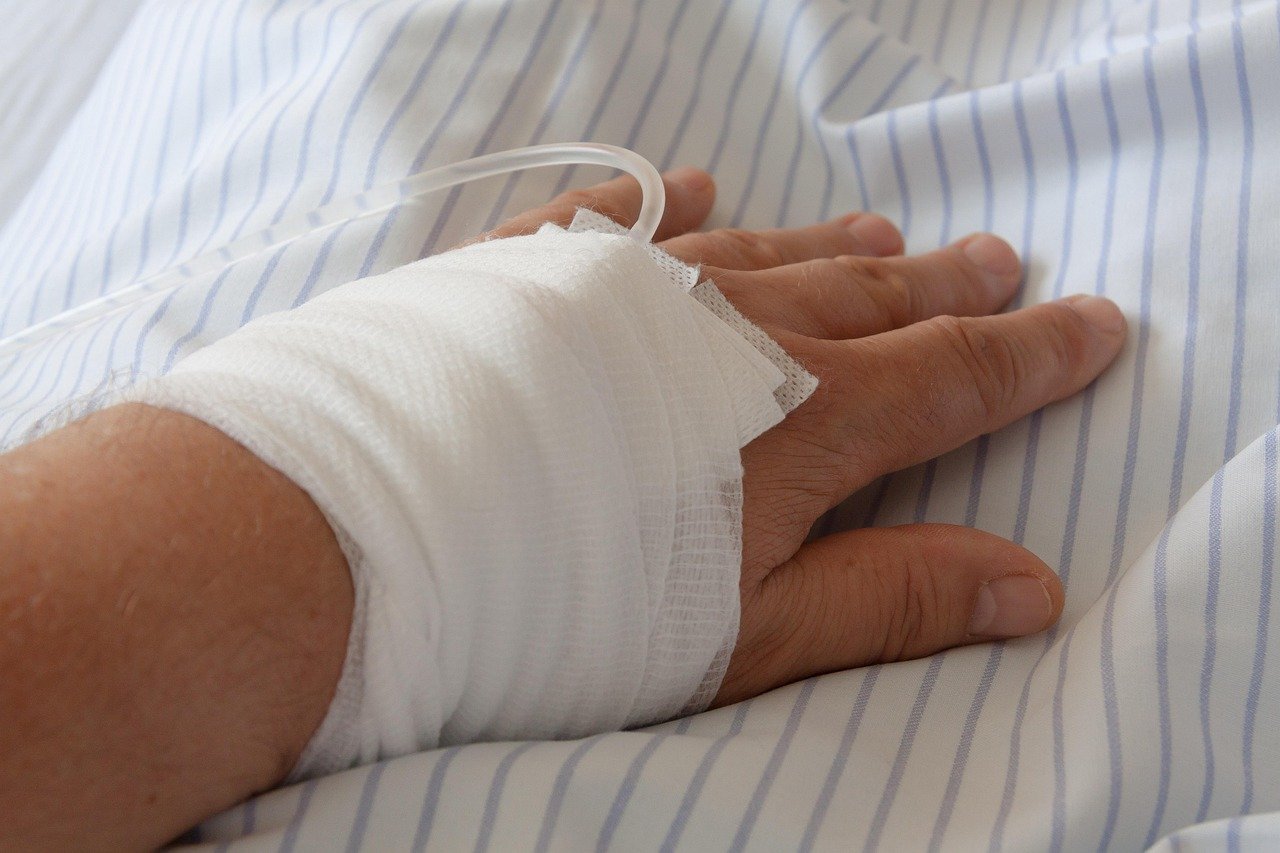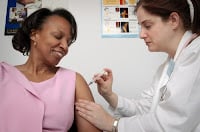
Flu & Pneumonia Vaccine Lower Your Risk of Alzheimer’s
PREVENTION: Did you get your flu shot? Doing that and following your doctor’s advice to get a vaccination for pneumonia can significantly cut your risk

PREVENTION: Did you get your flu shot? Doing that and following your doctor’s advice to get a vaccination for pneumonia can significantly cut your risk

Scientists have discovered a specific Alzheimer’s gene appears to drive the first appearance of amyloid plaque in the brain. Now they’re working on therapies targeting

GENETIC PROGRESS: Apoe4 genes increase Alzheimer’s risk by 10 times. UT Southwestern researchers succeeded in neutralizing important gene effects. The breakthrough opens doors to developing

Large, significant improvements in genetically-defined Alzheimer’s patients were seen in a clinical trial for tramiprosate. Learn about the important potential presented by these Phase-3 trial
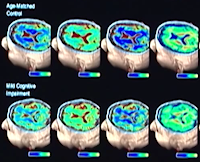
VIDEO + ARTICLE: Early-onset Alzheimer’s is usually inherited, striking ages 30 to 60. Get the details on Early-onset Alzheimer’s. See how one family is in

Scientists now have a gene variant that seems to push off Alzheimer’s by 10 years. Learn how they want to use the way it works
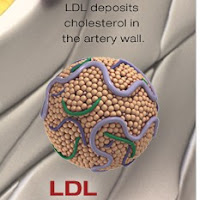
LDL cholesterol is nicknamed “bad cholesterol”. It adversely effects cell division. This bad cell division causes human cells to carry a 3rd copy of chromosome

VIDEO: Harvard’s Dr. Tanzi is one of the world’s best-known Alzheimer’s geneticists. See him describe what Alzheimer’s researchers are looking for, how much they know,

VIDEO+ARTICLE: The A4 Study is a cutting-edge trial aimed at preventing Alzheimer’s. The clinical trial is testing normal adults who are at risk for the
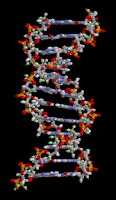
When geneticists think of Alzheimer’s, the first gene that comes to mind is APOe. Can its effect be stopped or at least dampened? The recent

Don Hayen is a retired doctor, diagnosed with Alzheimer’s at 71. But that diagnosis took way too long. Find out how his “cognitive reserve” fooled his doctors. See why he sure wished it hadn’t.
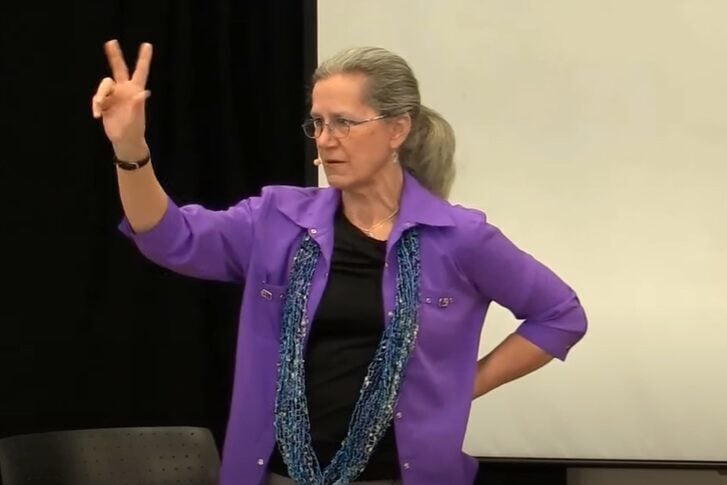
There is more to us than our brains and our bodies, says dementia expert Teepa Snow. “There’s more to us than that … When we’re together, we become more.” Watch now.

Berkeley researchers reveal deep sleep might protect memory—even in the face of Alzheimer’s. Could your nightly rest be the brain’s best defense?

Three important dementia studies focus on HS-AGING, a type of dementia almost as common as Alzheimer’s in the 85+ group. Yet few people have heard of it. Why? What makes it different?

An intriguing study of 120 grandmothers might surprise you. Doctors know socially engaged people have better cognition and less dementia. But can a person get too much of a good thing? What’s the right balance?

Enjoy this great duet between a musician with dementia and his son. A triumph of spirit over Alzheimer’s! Sing-a-long if you like!

It looks like a sneeze cannot give anyone Alzheimer’s. While Alzheimer’s abnormal disease proteins do spread from cell-to-cell, they are not “infectious”. Check out the facts.
No spam, only news and updates.


